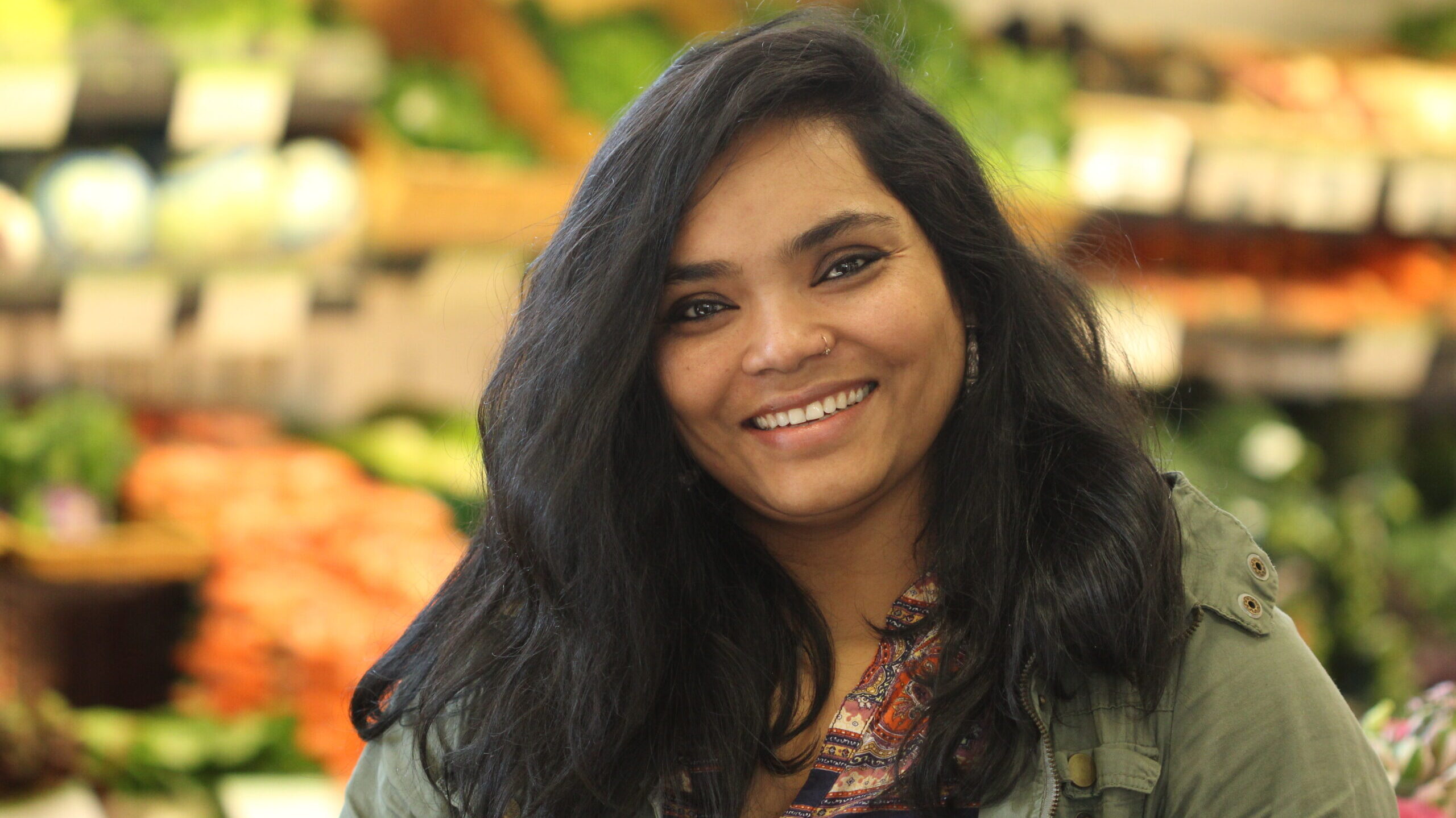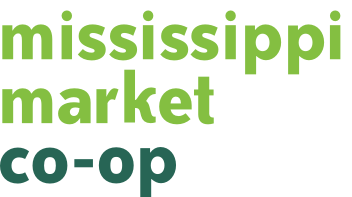
Ishwari is from Kathmandu, Nepal, and loves to teach authentic Himalayan recipes just as she learned in her family kitchen. She moved to the Twin Cities after completing her master’s degree in Gender and Women’s Studies from Mankato. Read our Q&A below to learn more about Ishwari and her small business, Ishu’s Himalayan Foods.
When did you start cooking? Tell us more about your story with food.
I started cooking very early on. Children were expected to come and help; little kids would go and peel the garlic and ginger, or bring the water from the fountain. When I was 6 years old, my mom taught me how to prepare rice and lift the pot onto the stove. That’s my first vivid memory of cooking properly.
Traditionally, most Nepali people eat rice and lentils every morning and evening. But my parents wanted us to experience more food than just the regular dal bhat. So they would try to cook us something different once a week. That was way before the internet, before fancy food magazines; we didn’t even have landlines. There was one time when they tried to cook french fries. We didn’t know what french fries were. We kids sat on the floor waiting for them while they were struggling until late at night to make the fries. Even though it was expensive, they wanted us to know more than traditional food. As I grew up, I kept experimenting with new foods, and that’s what I do now.
How are your values reflected in your cooking?
It’s important to me that when we enjoy food, we enjoy it for our health and for the health of the earth. I try to have very minimum waste and use as much natural food as I can when I cook for myself, teach cooking, or make products. I use a lot of different spices because spices have health benefits, and I use local products as much as possible. When I teach classes I also share ideas on what to do with the leftover ingredients, so there’s no waste.
Tell us more about Ishu’s Himalayan Foods. What do you make and what is your vision for the future?
I teach cooking classes of Himalayan recipes from Nepal, and I make chocolates. The chocolate recipes are influenced by my experience with spices, so you’ll see ginger, chai, cayenne. I also make some beauty products: I make tallow balm, which is really awesome for Minnesota winters. I make chutneys — the latest is a lemon and lime chutney. It’s flavorful and high in vitamin C, so it’s a great immunity-booster. I make my products, especially chutneys, in two or three spice levels: no spice/heat, mild, and a hotter one. I’m looking to expand the business to retail and sell my products through different co-ops or shops. Someday, I would like to mentor young adults on how to get into entrepreneurship. I started my business in 2019 by teaching classes. The first one was at Mississippi Market! I taught a momo class. I began selling my chocolates at farmers markets after that. Then 2020 happened.
How has the pandemic impacted the way you view food, cooking, and your business?
It helped me see what priorities people had when it came to food. I also felt that there was a more conscious effort, collectively, to prevent food waste. Everybody had to be very careful of not wasting food due to shortages. Or even if there weren’t shortages, you couldn’t go out and buy food as often. I taught myself how to teach online classes. My business did not happen in 2020 except for online teaching. Until then, most of my business was from being at farmers markets or pop-ups, and since those things weren’t going on and food sampling wasn’t allowed, my business was hit very hard.
We had to come up with different ideas. We started selling products from my backyard. We put up signs in the neighborhood and people came over. I advertised through Instagram. I also started doing classes in the backyard. And people started reaching out to me for private classes. In a way, this helped me take charge and have more control of my business.
How can co-op shoppers best support you?
You can take private classes, come to my classes at the co-op, or buy my products online this spring at ishushimalayan.com.

